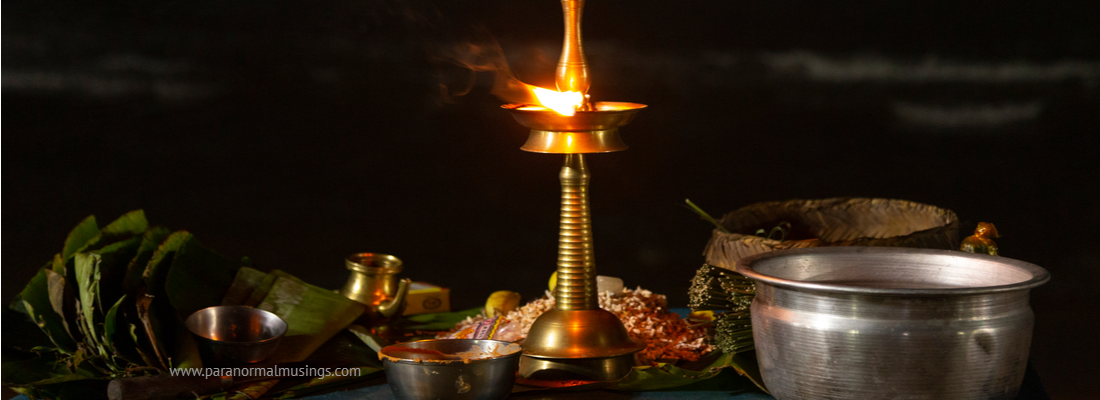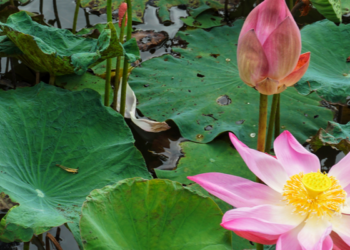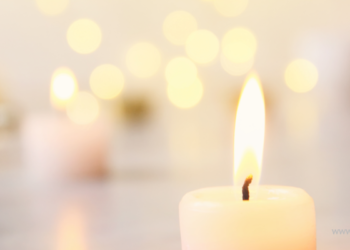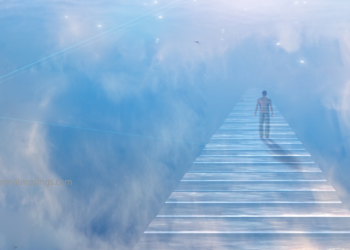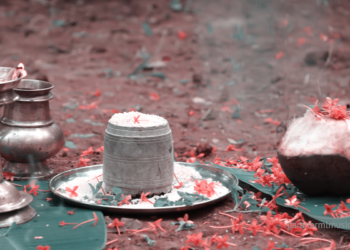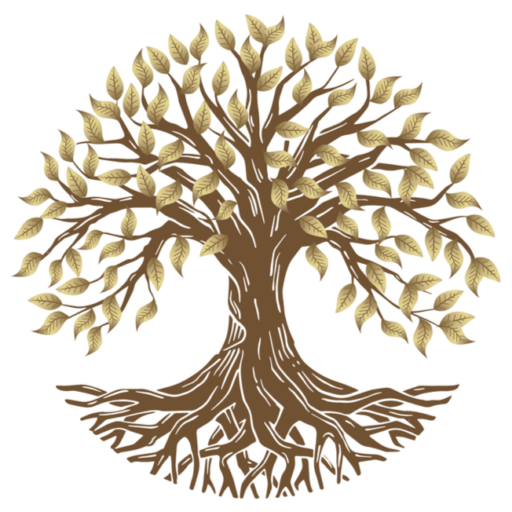Let’s discuss the shraadh ceremony and prayers for the dead. The Manusmṛti is an ancient legal text and constitution among the many Dharmaśāstras of Hinduism. This book explains the different duties of man.
The householder of the dead performs the shraadh ceremony and prayers for the dead with the help of a priest. The son performs the ceremony for the dead and this lasts for about 13 days. The execution of these rites and rituals eases the onward journey of the deceased. Food and clothing are offerings of charity to the priest and as oblations in a fire ceremony.
Shraadh Ceremony And Prayers For The Dead is performed every year for the ancestors
However, with age and years passing by, the modern man has diluted all the rituals and opts for shorter, quicker rites.
There is an opinion as to why the performance of shraadh is important when the jiva undergoes transmigration. The soul may already be on the earth plane. To whom will the sacrifices and oblation reach.? These rituals enhance the peace of the soul. The belief is that even if the soul is reborn on earth, these ceremonies will make his life more harmonious in his new birth and life. The sufferings of the soul are mitigated through the ceremony
Diverse views and opinions prevail on the subject. However, it is left to the family customs. The children continue with what their ancestors have been following. The bhava and the intention of sacrifice play an essential role. Faith, reverence and abidance to the scriptures have to be astute.
The various religious observances of the Sastras tend to purify the mind. Shraadh ceremony and prayers for the dead is one such ritual. When you perform the Shraadh ceremony our ancestors are happy and shower us with their blessings.
Prayers for the dead
Good wishes and prayers from friends, family, and relatives make for a smooth passageway for the departing soul. Mantras are recited, and these vibrations influence the dead. The intermediate state of passing from the earth plane to the astral realm is sanctified through prayers and kirtan. Hence Shraadh ceremony and prayers for the dead is extremely important as per Hindu religious beliefs.
Prayers form an integral part of most religions. The departed soul is in a state of unconsciousness after death. To ease leaving the gross physical body into the astral abode, prayers play a significant role.
Man is born on this earth plane with a definite purpose. Each of us has our journeys and lives to transcend. We come with our karmic baggage. The goal, however, is to move towards evolution and god realisation. It is to break the cords from sensual pleasure.
The remembrance of god
However, at the time of death, an individual drowned in the misery of illness or the fear of approaching an end cannot think of god. He would be in a state of regret or guilt for his mistakes. Family members then read from the scriptures or chant to raise the vibrations. The chanting and reading of scriptures enable an individual to detach himself from the body, mind and depart in peace. Sincere prayers serve as a bridge for the transition. Viveka and Vairagya can dawn on him and undo the effects of the past karma. Hence it’s important to perform the Shraadh ceremony and prayers for the dead.


